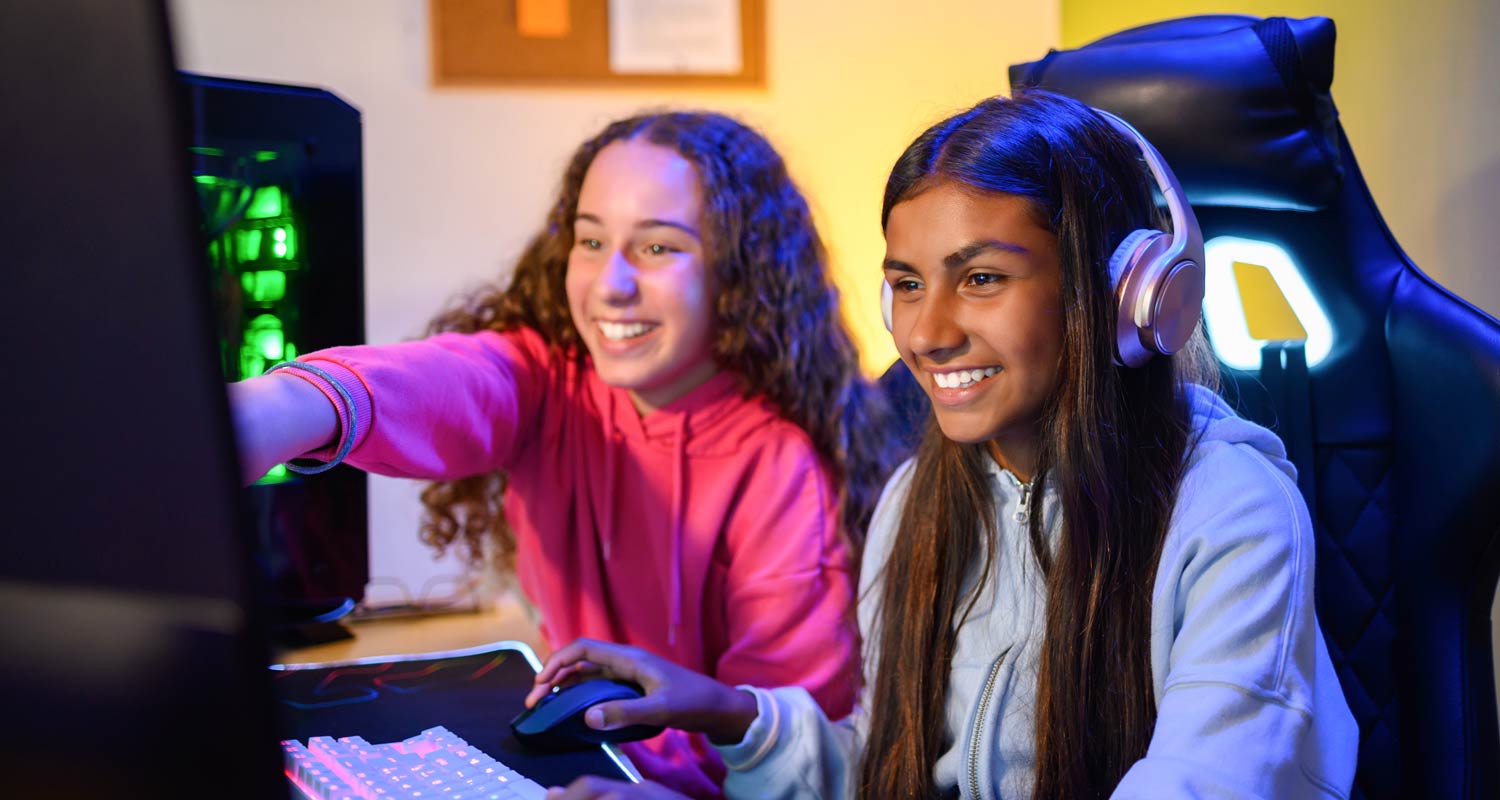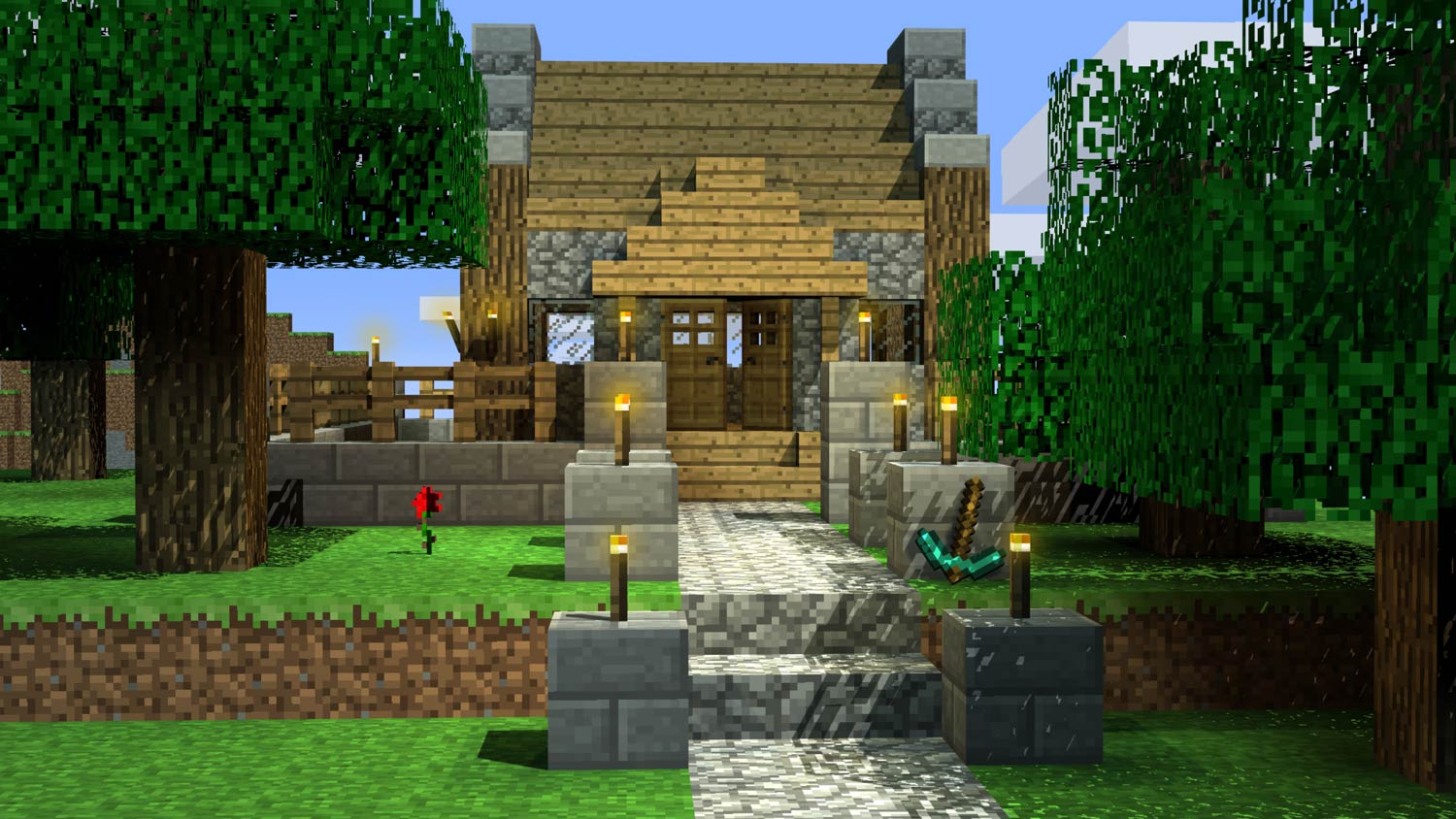 The studio behind one of the world’s best-selling videogames is seeking new revenue streams beyond gamers as growth in the sector slows.
The studio behind one of the world’s best-selling videogames is seeking new revenue streams beyond gamers as growth in the sector slows.
Minecraft maker Mojang Studios is exploring partnerships in areas such as merchandising, education and content streaming, according to its chief Åsa Bredin. That’s in addition to a Warner Bros-distributed movie adaptation, scheduled to premiere in April, and a Netflix series that’s also in the works.
Fans of the 15-year-old franchise include those who don’t play the game but “really want to be part of this whole thing that is Minecraft”, Bredin said in an interview in Tokyo on Thursday. “Within our portfolio of experiences, we want to be able to cater to a lot of people.”
Microsoft-owned Mojang has built Minecraft from a one-person project into a global service with well over 100 million active users each month. Revenue in the studio’s consumer products business, ranging from clothing to plushy toys in claw machines, has doubled over the last two years, she said.
Mojang’s push follows repeated forays by Nintendo and Sony to broaden the appeal of their gaming properties at a time that spending in the industry has hit a lull. Nintendo is developing a live-action film based on the Legend of Zelda franchise, following the blockbuster success of The Super Mario Bros Movie, while Sony has turned The Last of Us into an HBO series and created games based on the Spider-Man movies.
The rare Western game that’s gone mainstream in Japan, Minecraft is one of the most popular titles among the country’s elementary school children, with Minecraft YouTubers such as HikakinGames clocking up millions of views.
AI
In contrast, Microsoft’s Xbox game console has struggled to gain traction in the world’s third-largest gaming market. Last year, Microsoft hired a PlayStation veteran to win market share in Sony and Nintendo’s home turf.
Mojang has adopted artificial intelligence to help moderate chats and content in a game that’s played by different age groups, Bredin said. But it remains to be seen what the broader impact of AI will be on the industry, she added.
AI is upending the US$200-billion games industry, displacing some programmers and designers while forcing executives to study machine learning. That’s on the heels of a wave of job cuts, even at OpenAI-backer Microsoft, which laid off 1 900 people across its videogame divisions earlier this year.
 “We believe in AI, and I think for the long term, we will see a lot in this space,” Bredin said, adding that game-building will continue to be an art that requires creativity. “While AI is built into the tools, we really believe in the talent.” — Eddy Duan and Mayumi Negishi, with Shery Ahn, (c) 2024 Bloomberg LP
“We believe in AI, and I think for the long term, we will see a lot in this space,” Bredin said, adding that game-building will continue to be an art that requires creativity. “While AI is built into the tools, we really believe in the talent.” — Eddy Duan and Mayumi Negishi, with Shery Ahn, (c) 2024 Bloomberg LP




